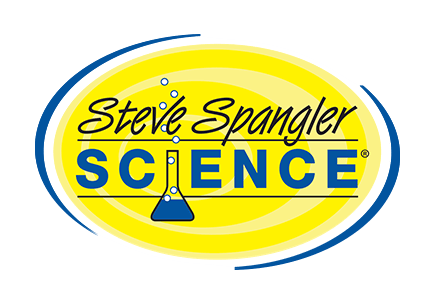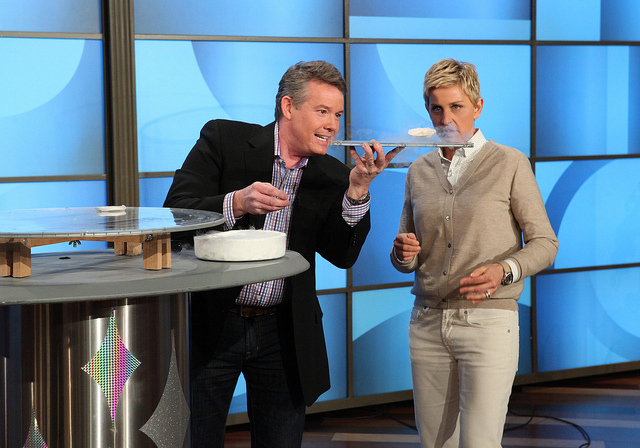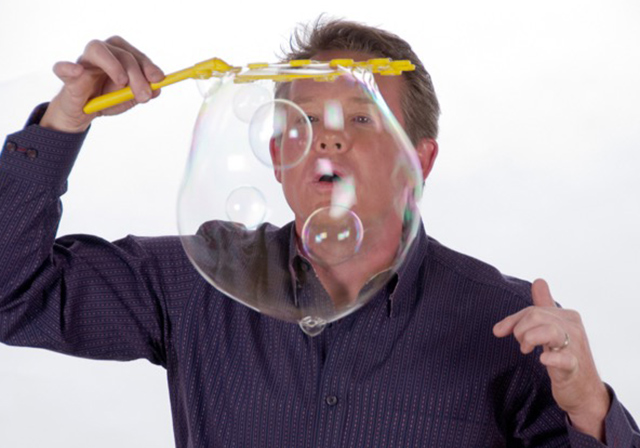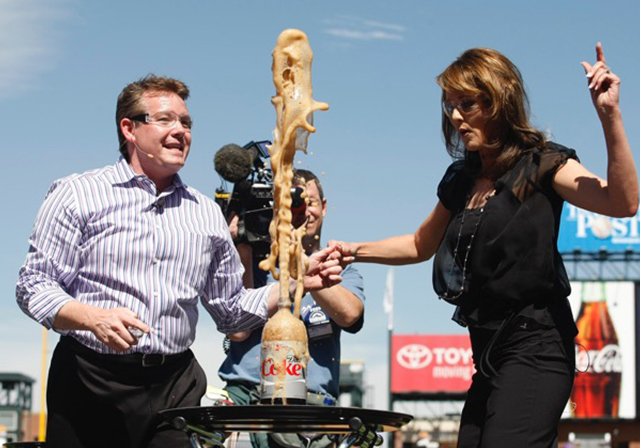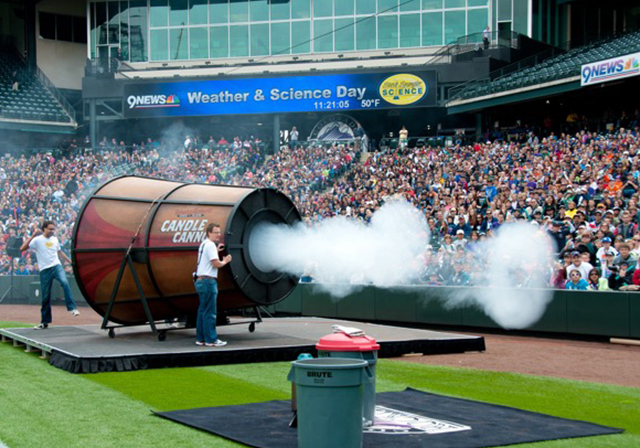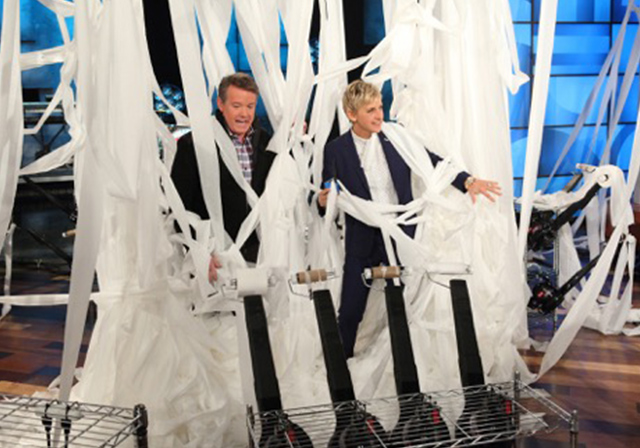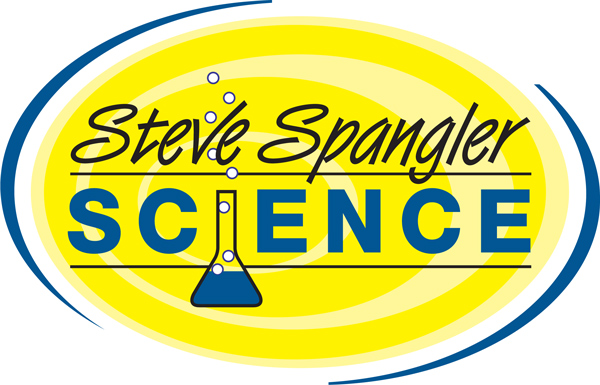About the Club
Making Science Fun One Month at a Time
The Spangler Science Club features highly interactive experiments and hands-on activities created by Steve Spangler. His easy to follow lessons serve as an introduction to more in-depth experiments and challenges that push the learner’s creativity to the next level. The experiments are likely to fizz, pop, bubble or erupt into something that is guaranteed to fill the room with oohs & ahhhs. Each box is filled with Steve Spangler’s unique blend of experiences that inspire wonder, boost creativity, enhance problem-solving skills and make learning fun.
